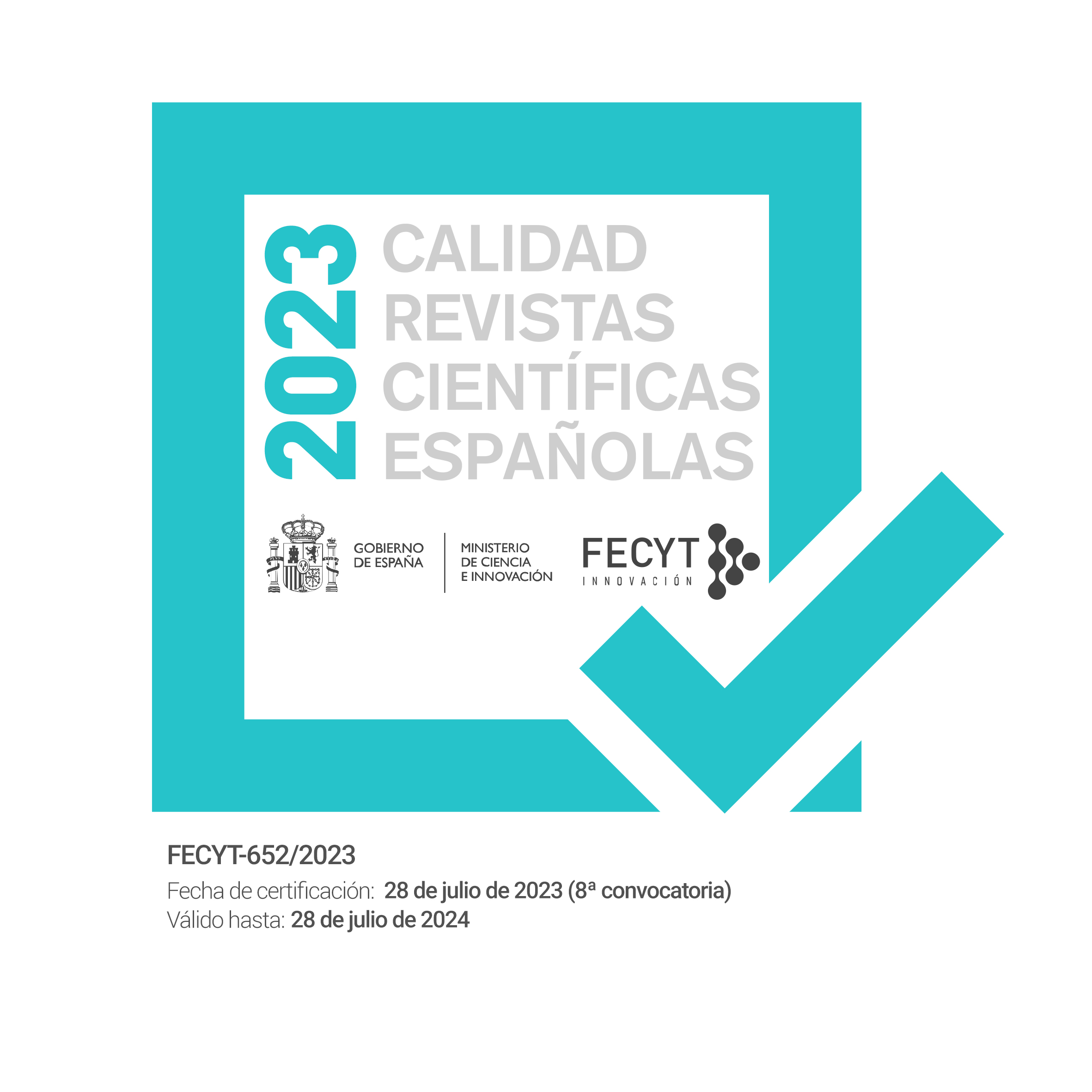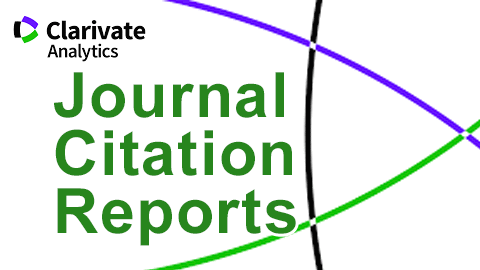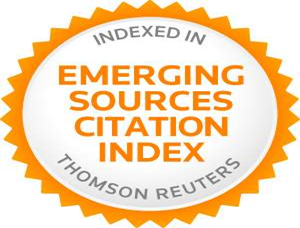Incidental Learning of Word Stress with Captioned Authentic Videos: the Effect of Repetition
DOI:
https://doi.org/10.58859/rael.v21i1.494Keywords:
word stress; incidental learning; authentic videos; repetitionsAbstract
Recent technological advances and access to authentic input have promoted autonomous and incidental target language (TL) vocabulary learning. Very few studies, however, have so far put focus on both incidental learning of the word stress aspect of lexis and the influence of the repetition variable on this process, while viewing authentic videos. To address these two issues, Spanish participants from the incidental group were asked to watch 5 hours of authentic TV documentary with English captions, where eleven target words had from 2 to 112 repetitions. The general results revealed an apparent better performance of the incidental group in comparison to the control one. Nevertheless, a more detailed statistical analysis of the results for each target word has proven to be not significant. Furthermore, no statistically significant correlation between the increase in the number of repetitions and successful learning of the word stress was detected.
Downloads
Published
Issue
Section
License
Copyright (c) 2023 Isabel Balteiro Fernández, Ekaterina Sinyashina

This work is licensed under a Creative Commons Attribution-NonCommercial 4.0 International License.
Attribution - Non-commercial (CC BY-NC). Under this license the user can copy, distribute and publicly display the work and can create derivative works as long as these new creations acknowledge the authorship of the original work and are not used commercially.
Authors retain the copyright and full publishing rights without restrictions.









